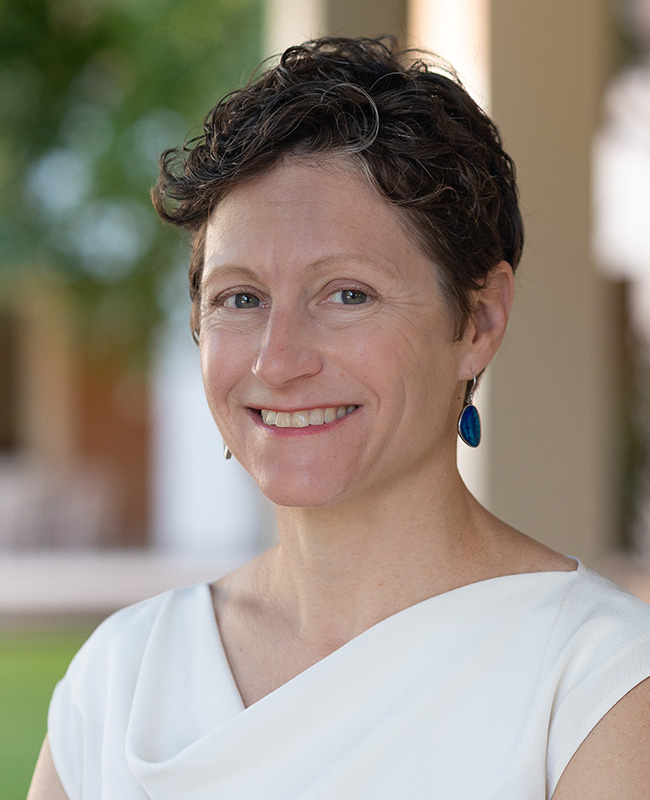Careers in Environment and Energy law are interconnected in terms of subject matter, practice type, and employer type.
Environmental lawyers usually represent individuals whose land has been contaminated by environmental toxins; citizens suing on behalf of public bodies of land and water; or businesses, corporations, or landowners who might be responsible for the pollution or who need to move through a labyrinthine regulatory process. Many environmental lawyers represent all three throughout their careers.
Energy lawyers tend to work with businesses or utilities that are involved with extraction, procurement, and production of energy to ensure regulatory compliance with the numerous safety and environmental laws that exist. They also work with the federal agencies or NGOs that seek to implement or influence energy law.
Work in these fields involves detailed statutory and regulatory analysis, with attorneys interpreting a range of statutes, such as the Clean Air Act (CAA), the Clean Water Act (CWA), and the Comprehensive Environmental Response, Compensation, and Liability Act (CERCLA).
In the private sector, law firms of all types may provide opportunities in the areas of environment and energy, with mid-to large law firms providing more opportunities with the energy law subspeciality, particularly in geographic regions that have energy-rich land. As in other areas, smaller firms tend to represent individual clients and larger firms tend to represent corporate clients. There are also numerous positions with in-house counsel and corporations that may be available as more businesses are working to minimize the environmental impact of development.
Government agencies have also hired an increasing number of attorneys. In addition to the federal Environmental Protection Agency (EPA), all fifty states have agencies that implement environmental and energy laws. Attorneys may also find opportunities in non-profit and advocacy groups with a focus on the environment and sustainability.
Courses
Courses designated as "primary" are foundational, while those listed as "secondary" contain relevant and related content. "Co-curricular" courses are credit-bearing extra-curricular activities, while "experiential" courses are practice-based offerings. Please keep in mind that the focus of any course will vary depending on the instructor.
Primary Courses
Secondary Courses
Experiential Courses
Co-Curricular Activities
Faculty
The following faculty are knowledgeable about the topic and may be a useful resource for you.

Associate Professor of Law

Dean

Henry C. Lauerman Professor of International Law

Professor of Law

William T. Wilson, III Presidential Chair for Business Law

Professor of Practice

Professor of Law

Frank U. Fletcher Chair in Administrative Law
Related Pathways

Regulatory Compliance

Law Firm

In-House Counsel and Corporations
